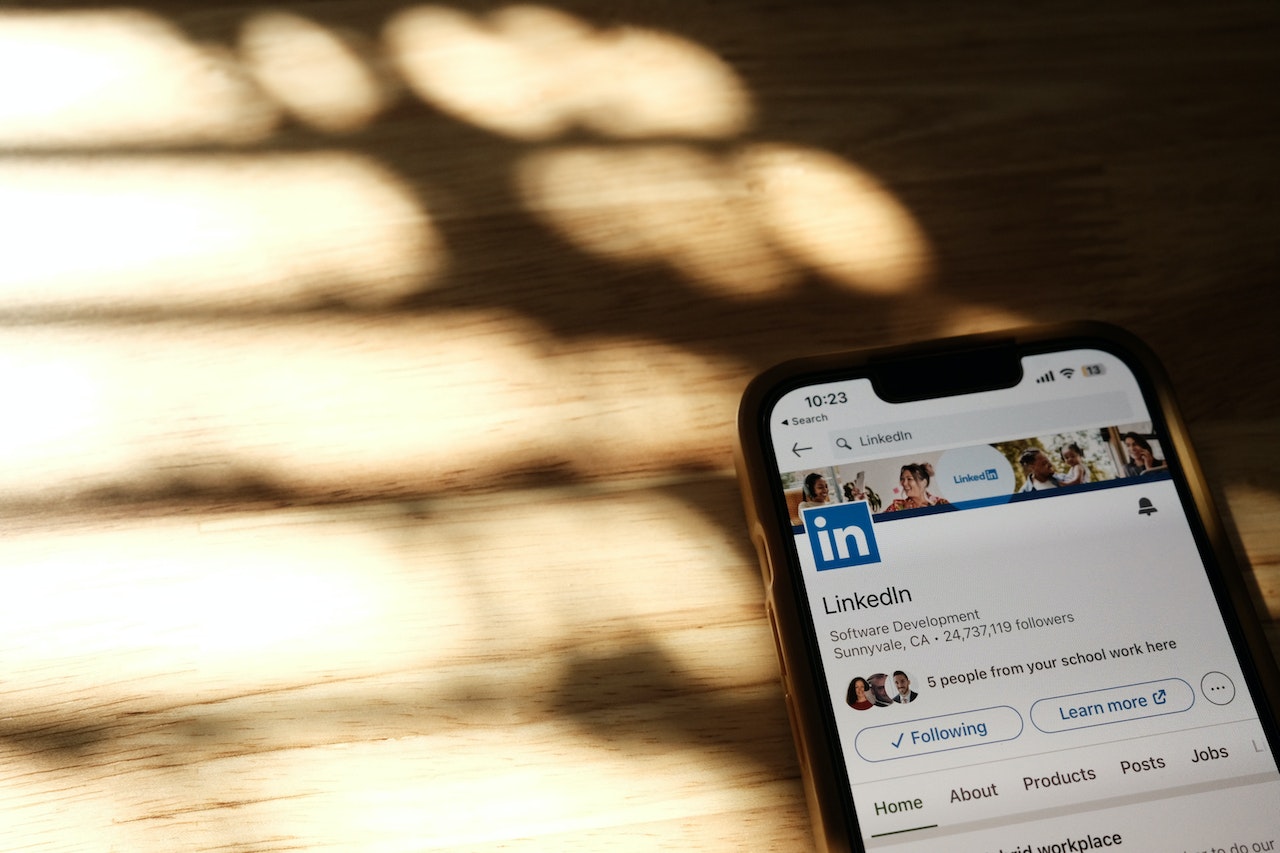LinkedIn, the professional networking powerhouse, has transformed the way individuals connect with potential employers. Networking with recruiters on this platform is not just about job hunting; it’s a strategic move that can shape your entire career trajectory. In this comprehensive guide, we’ll delve into practical and effective strategies to help you navigate the nuances of LinkedIn networking, turning your profile into a beacon for career opportunities.
The Power of LinkedIn Networking
LinkedIn isn’t just a digital resume—it’s a dynamic space where professionals connect, share insights, and explore career opportunities. Leveraging this platform strategically can open doors to exciting possibilities. Networking with recruiters positions you at the forefront when relevant job opportunities arise.
Building Professional Relationships
Why network with recruiters specifically? Recruiters are the gateway to numerous career opportunities. Establishing connections with them goes beyond immediate job prospects—it’s about building professional relationships that can contribute to your long-term growth and development.
A Magnet for Recruiters: Optimizing Your LinkedIn Profile
Before diving into networking, ensure your LinkedIn profile is a compelling representation of your professional journey. A professional photo, a captivating headline, and a detailed yet concise summary are essential. Your profile should be a magnet that attracts recruiters and prompts them to learn more about you.
Crafting Personalized Connection Requests
When reaching out to recruiters, avoid generic connection requests. Personalize your message by mentioning specific aspects of their work or recent job postings that caught your attention. A tailored approach demonstrates genuine interest and increases the likelihood of a positive response.
Showcasing Your Expertise: Engaging Content Creation
Don’t just be a passive observer on LinkedIn—be an active contributor. Share insightful articles, comment on industry trends, and showcase your expertise. Engaging content not only keeps you visible in recruiters’ feeds but also positions you as a knowledgeable professional in your field.
Joining and Contributing to Relevant Discussions: Active Participation in Groups
LinkedIn groups are hubs of industry-specific discussions. Join and actively participate in groups relevant to your field. Contribute to discussions, share your insights, and connect with recruiters who are members of these groups. It’s an excellent way to expand your network beyond individual connections.
A Gateway to Insights: Seeking Informational Interviews
Don’t hesitate to reach out for informational interviews. Express your interest in learning more about the industry and seek advice. This approach not only demonstrates a genuine interest in the field but can also lead to valuable insights and connections.
Beyond the Initial Connection: Nurturing Relationships
Building relationships on LinkedIn goes beyond the initial connection. Regularly engage with your network by liking, commenting, and sharing their content. Show genuine interest in their professional journey in overseas, and they are likely to reciprocate.
Building Credibility: Leveraging Recommendations
Request recommendations from colleagues and supervisors to build credibility. Recruiters often view recommendations as endorsements of your skills and work ethic, making you stand out among other candidates.
The Art of Pacing: Being Mindful of Timing
Timing is crucial in networking. Avoid reaching out only when you are actively job hunting. Connect and engage regularly, so when opportunities arise, you are already a familiar presence in the recruiter’s network.
Virtual and In-Person Opportunities: Attending Networking Events
Networking events, whether virtual or in-person, provide valuable opportunities to connect with recruiters. Actively engage in conversations, share your perspectives, and make a lasting impression. Networking is not just about online connections; real-world interactions matter too.
Beyond the Professional Facade: Showcasing Your Personality
While maintaining professionalism is key, don’t be afraid to showcase your personality. Share your interests, hobbies, and achievements outside of work. A well-rounded profile is more memorable and relatable.
Timely and Thoughtful Replies: Responding to Messages and Inquiries
When recruiters or connections reach out, respond promptly and thoughtfully. Timely responses demonstrate your professionalism and respect for others’ time, contributing to a positive online reputation.
Turning a ‘No’ into a Future Opportunity: Handling Rejections Gracefully
Not every networking attempt will result in a positive outcome. If a recruiter is not currently seeking candidates or doesn’t have a suitable role, accept the rejection gracefully. Express gratitude for their time and keep the door open for future opportunities.
Conclusion
Networking with recruiters on LinkedIn is not just a means to an end; it’s an ongoing investment in your career. By optimizing your profile, engaging with content, and building genuine relationships, you position yourself for long-term success. Remember, networking is a two-way street—be as willing to offer support as you are to seek it.
FAQs
Q1: How often should I update my LinkedIn profile?
Regularly update your profile, especially after achievements or role changes. Keep it current to reflect your evolving professional journey.
Q2: Is it acceptable to connect with recruiters I haven’t met in person?
Yes, it’s acceptable. When sending a connection request, personalize it with a brief note expressing your interest in their work.
Q3: What should I do if a recruiter doesn’t respond to my connection request?
Give it some time, and if there’s no response, you can send a polite follow-up message expressing your continued interest in connecting.
Q4: Should I only network when I’m actively job hunting?
No, build and nurture your network continuously. Networking is most effective when approached as an ongoing professional practice, not just during job searches.
Q5: How do I handle rejection or lack of response gracefully?
Express gratitude for their time, and keep the door open for future connections. Maintaining professionalism in the face of rejection is key to preserving relationships.





